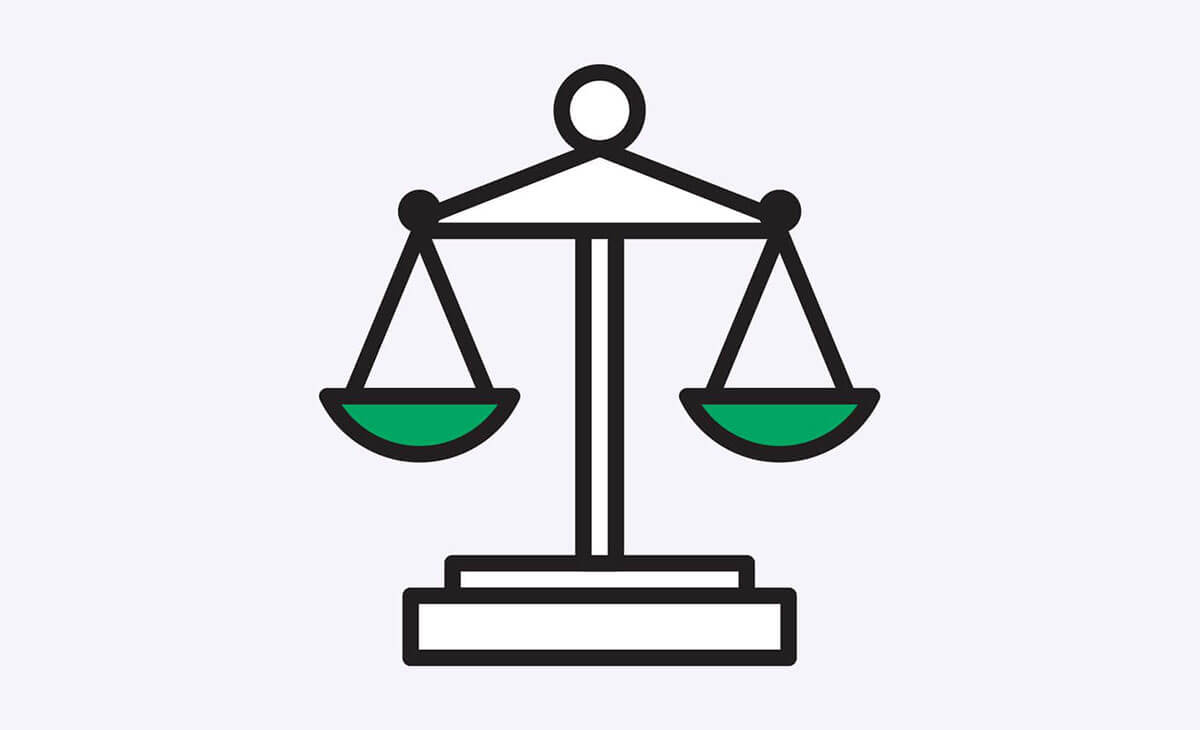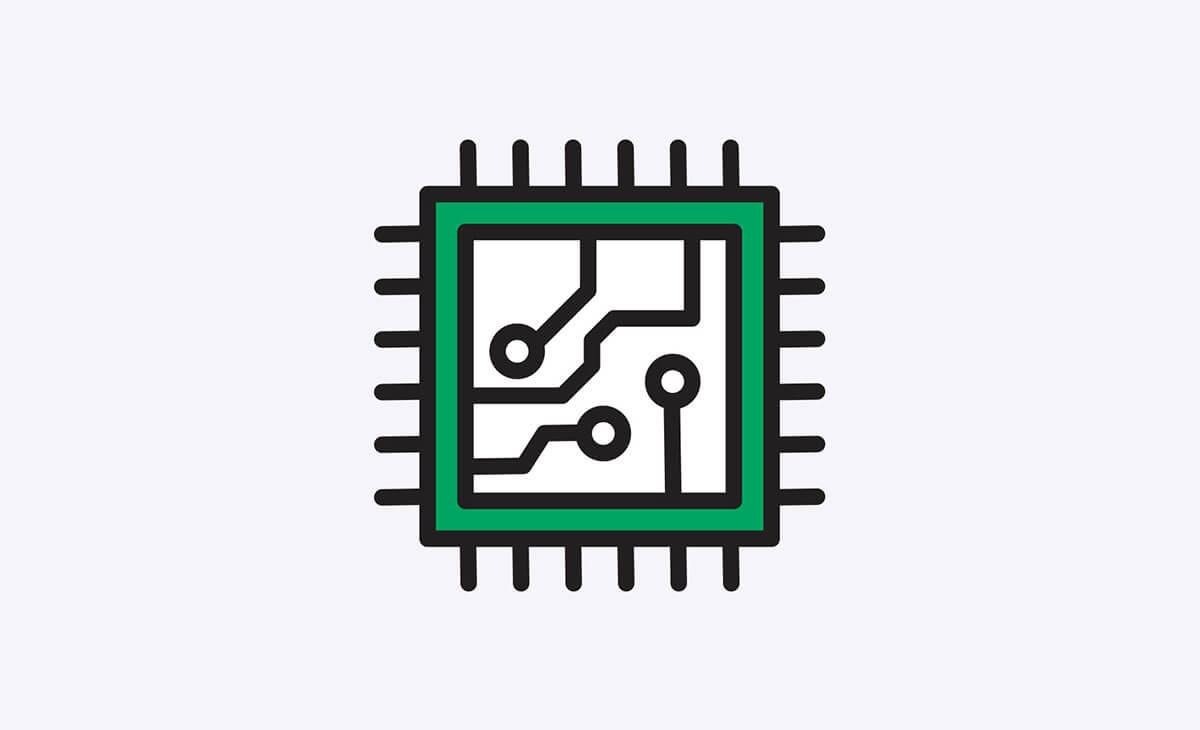Law firms can increase profits by being more efficient. Sure, this is obvious for firms that bill fixed fee: lower production costs (or the less time time spent on matters) mean greater profits, all other things equal. But it also applies to hourly billing law firms. This may be counterintuitive ((i) hourly billing law firm profits are a function of hours worked times billing rate less costs and (ii) “being more efficient” means doing the same amount of work in less time) but it’s correct. As a preface, efficiency can be gained through use of technology that amplifies lawyer productivity (as well as with in- and out-sourcing, the subject of an earlier post). Here’s how technology that helps lawyers do their job better and faster can increase profits at hourly billing law firms:
Giving Clients More for Less Makes them Happier
Law firm clients are increasingly unhappy about their rising legal fees.
Happier Clients Mean More Work
Clients have a choice of which law firm to use. More efficient law firms can charge less for work of equal (or better) quality. “Same or better work for less” makes for a great client pitch if it’s true; firms adopting efficiency technology have an advantage over competitors and should get more business.
Happier Clients May be Willing to Pay More Per Hour
Since clients are getting better value from their lawyers' time, they may not gripe as much about fee increases.
Clients Who Think Juniors Lawyers Add Value Will be Willing to Pay for Them
Much junior associate work is appropriate for automation. This automation will help junior associates be more efficient, which is good for firms: as opposed to a current trend of not allowing first years to work on their matters, clients may be more willing to pay for juniors if they feel these lawyers represent decent value for dollar.
Happier Clients are More Likely to Pay their Bills
If a client thinks they got good value, they are more likely to pay their legal bill without quibble, and to not dispute charges. Firms can increase realization through providing better value.
Do More With Fewer Lawyers
Making lawyers more efficient means a firm can handle increased workload without having to add personnel. Theoretically, additional lawyers mean additional timekeepers to bill hours. But associates must be paid salary, and need offices, assistants, benefits and occasional receptions with wine and cheese. They become a medium term fixed cost to their firm. And if demand changes, getting rid of them costs money too (both short term in severance as well as longer term in reputation). Technology, if paid for on a metered basis (i.e., pay per use with low to no fixed cost; see our earlier post on why clients should like disaggregated bills where they pay such costs directly), is a variable cost. Meaning firms can get and pay for what they need only when they have deals, and reduce cost quickly when they don’t. That is, firms can use efficiency technology to increase their ratio of variable to fixed costs.
Increased Employee Retention
Junior Biglaw lawyers would be a lot happier in their jobs if they didn’t have to do a lot of the unchallenging, repetitive, highly time-consuming work they are saddled with (as discussed in an earlier post). This work has to get done but, as above, much junior associate work is ripe for automation. To the extent this work can be automated and junior lawyers spend more of their time doing more interesting work, they should be happier in their jobs. And if they are happier, they are likely to stay put longer. In normal times, attorney retention matters: good people are hard to replace, institutions suffer with high turnover, headhunter fees to replace departed attornies are expensive, new lawyers are costly to train and it takes time to ramp up their productivity.
Individual efficiency technologies (like ours) may bring additional cost advantages. Once our product launches, I’ll discuss why our product can help a law firm’s bottom line beyond the reasons above. Stay tuned.

